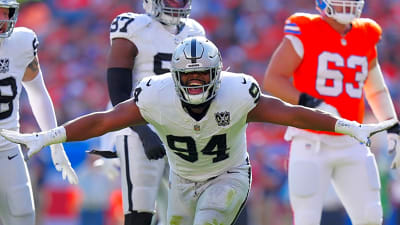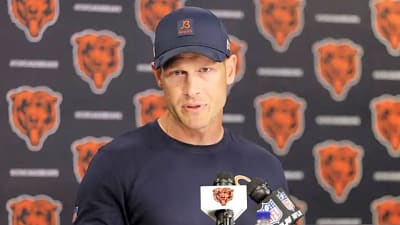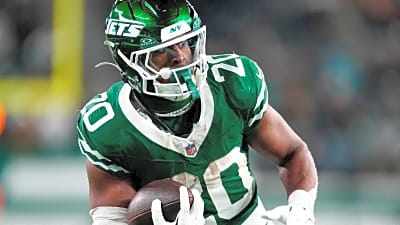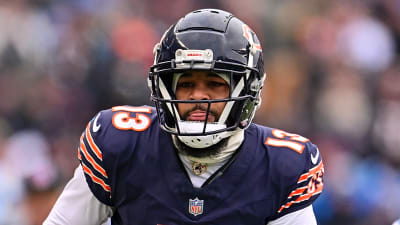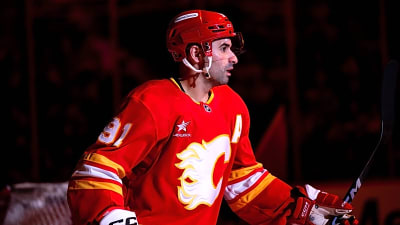
NBA star Damian Lillard says he came back to Portland for basketball reasons.
Not just family. Not just sentiment. Basketball.
“When we all sat down and this idea started to move towards me signing back here, I’m going to look at the basketball situation,” Lillard told reporters Monday night, seated between Blazers GM Joe Cronin and head coach Chauncey Billups. “We play basketball and you want to win basketball games.”
That line stood out.
Because while Lillard’s return is rich in emotion — and great for the fans, the franchise, and frankly, the NBA — it’s fair to wonder how this actually plays out on the court. And how he sees it playing out, both during his rehab year and beyond.
Reunion Feels Right. But Does It Fit?
From a narrative perspective, this is perfect. Lillard gets to finish what he started. The fans get a proper goodbye. The franchise gets a little image rehab, and some stability. No more Bill Walton-level awkwardness. No Clyde Drexler “what-ifs.” Just a clean arc. A legend returns, retires as a Blazer.
But from a basketball standpoint? It’s complicated.
Lillard is 35. He’s recovering from a torn Achilles. He’s expected to miss the entire 2025-26 season. And this Blazers roster isn’t exactly built for a quick push back into contention.
Deandre Ayton, once seen as a key piece, is gone after being bought out and signing with the Lakers. Scoot Henderson and Shaedon Sharpe are still considered the backcourt of the future. Veteran NBA champion Jrue Holiday was acquired from Boston. Donovan Clingan is now in the middle. Matisse Thybulle, Robert Williams III, Jerami Grant and Deni Avdija are among those in the mix. There’s promise. But no proven core. Not yet.
What Happens When He’s Ready?
Let’s say Lillard’s rehab goes as planned. Let’s say he returns at something close to his former self by late 2026. What does that look like?
Henderson should be further along by then. Sharpe is blossoming. Clingan, if he pans out, gives Portland something they haven’t had in years — an interior anchor with upside. But does Lillard complement that core? Lead it? Or simply orbit it, as a mentor and figurehead?
There’s nothing wrong with a symbolic return. But Lillard kept stressing the basketball side. And that means questions about fit, timing, and direction remain fair game.
Ending’s Been Written. But Next Chapter Hasn’t.
In a vacuum, this move is admirable. It shows loyalty. It brings closure. And if Lillard never plays another minute, he still gave the Blazers everything he had, and more.
But if the goal is to win, not just feel good about the reunion, Portland has work to do. The roster is young, the West is loaded, and Dame’s timeline — physically and competitively — may not line up with where this team is going.
Still, this is what he wanted. To come home. To heal. To play, eventually.
And now we wait to find out if the basketball reason ends up being the right one.
More NBA News & Rumors
More must-reads:
- Mariners get needed power bat from Diamondbacks
- Three-time All-Star will be key to Fever weathering troubling Caitlin Clark injury update
- The 'Multiple 100-RBI MLB seasons' quiz
Breaking News
Trending News
Customize Your Newsletter
 +
+
Get the latest news and rumors, customized to your favorite sports and teams. Emailed daily. Always free!
